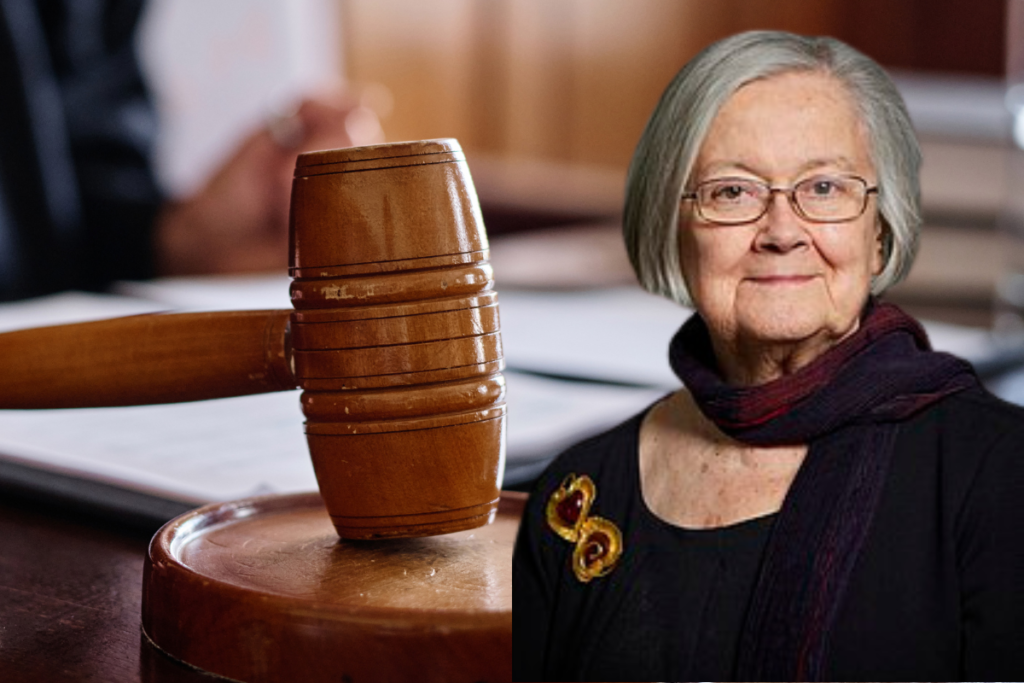Labour MP Kim Leadbeater has introduced an amendment to the Assisted Dying Bill, aiming to prohibit the advertising of assisted dying services should the procedure be legalized in England and Wales. This move seeks to prevent the promotion of assisted dying as a preferable choice, addressing concerns raised in countries like Belgium and the Netherlands, where such advertising has been linked to increased demand for assisted death services.
The proposed legislation would allow terminally ill adults with less than six months to live and of sound mind to choose assisted death, contingent on approval by two doctors and an expert panel. Leadbeater emphasized that the bill is designed to offer individuals the option of a peaceful death while ensuring robust safeguards to protect vulnerable individuals. She stated, “The status quo is not fit for purpose and leads to people having very harrowing, very distressing deaths, both for themselves and their families.
In addition to the advertising ban, Leadbeater’s amendment includes provisions to assess the state of palliative care in the UK, ensuring that individuals have access to comprehensive end-of-life care options. She advocates for a holistic approach, supporting both assisted dying options and enhancements in palliative care. Critics, however, argue that the advertising ban contains loopholes and may inadvertently hinder access to legal services by criminalizing the actions of doctors who are simply making themselves available under the law.
Leadbeater also supports further amendments focused on regulating substances used in assisted dying and ensuring consultation with vulnerable groups. She backs Liberal Democrat MP Munira Wilson’s call for a detailed review of end-of-life care, which has support from charities such as Marie Curie. The bill is expected to undergo its final Commons vote shortly, with MPs’ positions on the bill continuing to shift in the lead-up to the vote.
As the debate continues, the proposed legislation remains a topic of intense discussion, balancing the desire for compassionate end-of-life options with the need to protect vulnerable individuals from potential coercion and exploitation.



